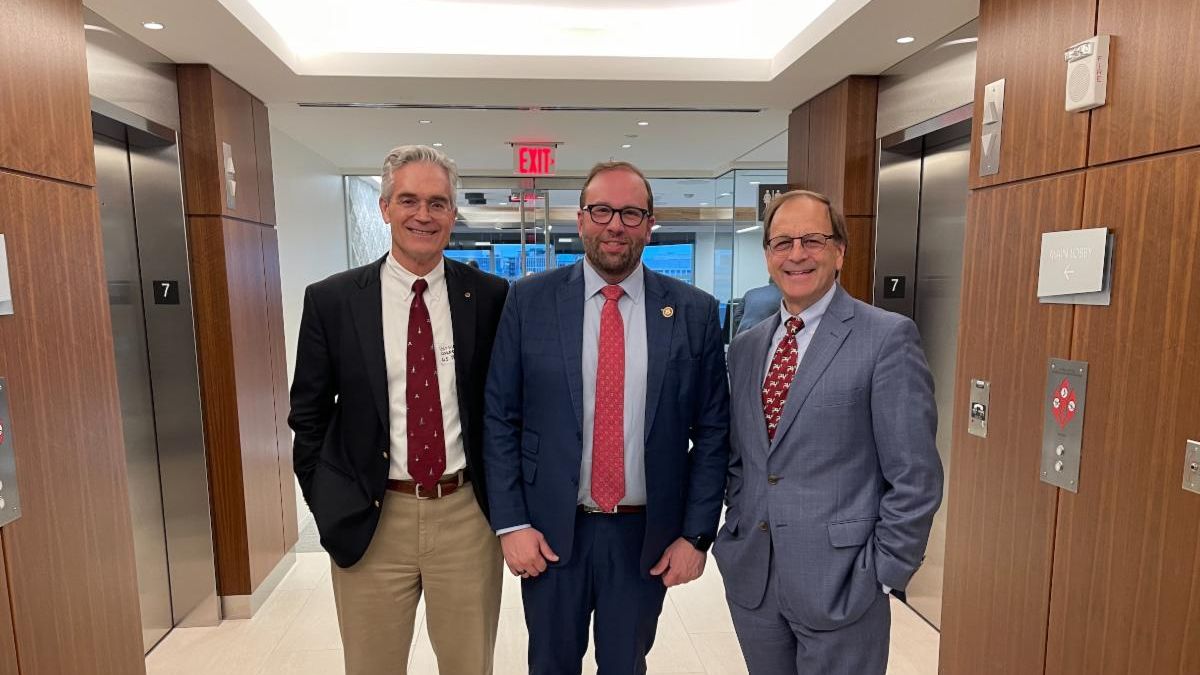
| President Trump Announces Global Reciprocal Tariffs On April 2, during a ‘Make America Wealthy Again’ press conference in the Rose Garden of the White House, President Donald Trump signed an Executive Order (“EO”) implementing widespread reciprocal tariffs around the world. Using the International Emergency Economic Powers Act of 1977 (IEEPA), President Trump declared a national economic emergency over U.S. trade deficits, giving him the legal authority to regulate imports. Separate from the EO on reciprocal tariffs, President Trump also announced that the administration would implement a 25% tariff on all foreign-made automobiles. Taking effect beginning April 5, 2025, at 12:01 a.m. EDT, the U.S. will impose a 10% baseline tariff on imports from all countries. Additionally, President Trump has imposed individualized reciprocal tariffs at higher rates on approximately 60 countries with which the U.S. has the largest trade deficits. Pursuant to White House guidance, it is assumed that the difference between the individualized rate and the standard 10% rate will separately go into effect on April 9, 2025, at 12:01 a.m. EDT. Mexico and Canada were intentionally not included in the announcement, where the existing fentanyl/immigration IEEPA orders that were signed by the President on February 1, February 3, and March 2, respectively, will remain in effect. The EO also excludes goods that will not be subject to the Reciprocal Tariff EO. Specifically, these items include: (1) articles subject to 50 U.S.C. 1702(b); (2) steel/aluminum articles and autos/auto parts already subject to Section 232 tariffs; (3) copper, pharmaceuticals, semiconductors, and lumber articles; (4) all articles that may become subject to future Section 232 tariffs; (5) bullion; and (6) energy and other certain minerals that are not available in the U.S. Please find the Annex II which includes the full list of goods not subject to the EO here. At this time, the Administration has expressed that these tariffs will remain in place until such a time that President Trump deems the threat posed by the current trade deficit and underlying nonreciprocal treatment is satisfied, resolved, or mitigated. It is anticipated that countries subject to President Trump’s recent announcement will respond in the coming days and weeks with responsive actions towards the U.S., including, but not limited to, reducing their current duty rates or levying additional tariffs. USDA Secretary Rollins Announces International Travel Agenda to Open Market Access Last Friday, U.S. Department of Agriculture (USDA) Secretary Brooke Rollins announced her plans to visit six international markets within the year to help expand market access for American agricultural exports. Rollins is slated to visit Vietnam, Japan, India, Peru, Brazil, and the United Kingdom. During her announcement, she emphasized the USDA’s intent to expand global agricultural markets, ensuring the creation of fair-trade agreements while also strengthening existing markets. Other upcoming USDA Trade Missions sponsored by the Foreign Agricultural Service are set to include Hong Kong, the Dominican Republic, Taiwan, Côte d’Ivoire, and Mexico. USRPA plans to have a presence at most of these Trade Missions. If you're interested in learning more, please contact us. USRPA Represented in Washington USRPA representatives Vernie Hubert and Fred Clark met with House Ways and Means Committee Chair Jason Smith (R-MO) at an event hosted at Cornerstone Government Affairs on April 2 — also recognized as "Liberation Day." The gathering provided a valuable opportunity to engage in discussions on critical tax and trade issues. Chairman Smith represents Missouri's Eighth Congressional District, which covers all of Missouri rice country. |
 |